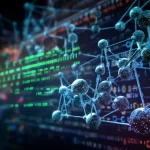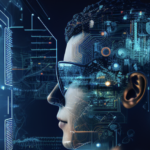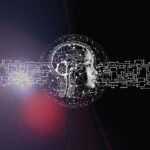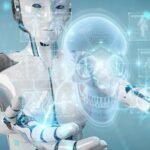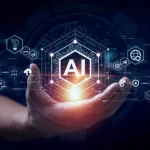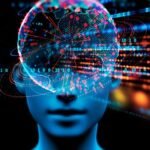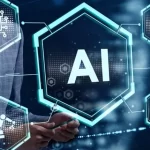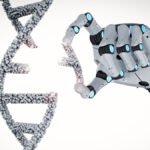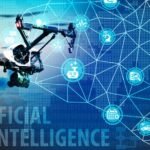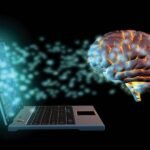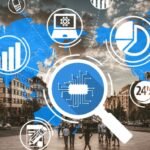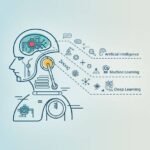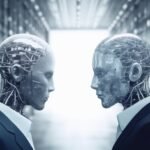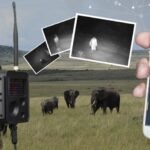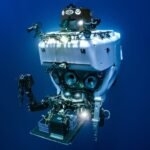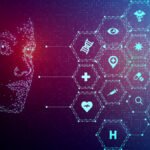Interview with Dr.Fei-Fei Li
Interviewer: Good afternoon, Dr. Fei-Fei Li. Thank you for taking the time to speak with us today. As a renowned expert in artificial intelligence and computer vision, your work has had a profound impact on the field. Can you start by sharing with us your journey and what inspired you to pursue a career in AI?
Fei-Fei Li: Good afternoon, and thank you for having me. My journey in AI began during my undergraduate years at Princeton University, where I was exposed to the fascinating world of computer science and its potential to solve complex problems. It was during my graduate studies at California Institute of Technology (Caltech) that I truly delved into the field of artificial intelligence, particularly focusing on computer vision. The opportunity to enable machines to understand and interpret visual information, much like humans do, captivated my curiosity and passion.
Interviewer: Your dedication to computer vision has certainly made a significant impact. One of your most notable contributions includes ImageNet, a large-scale dataset that has propelled the advancement of deep learning models. Can you tell us about the inception of ImageNet and its role in the AI community?
Fei-Fei Li: Absolutely. ImageNet was a project born out of the realization that progress in computer vision required large-scale datasets and powerful models. Back in 2009, my team and I embarked on the ambitious task of creating a dataset with millions of labeled images across thousands of categories. This effort culminated in ImageNet, which not only provided a benchmark for image classification but also spurred the development of deep convolutional neural networks, or CNNs. The annual ImageNet Large Scale Visual Recognition Challenge became a pivotal event, driving researchers to innovate and push the boundaries of AI performance.
Interviewer: Your work has also extended beyond research to address the ethical and societal implications of AI. You’ve been a vocal advocate for responsible AI development. How do you see the role of AI researchers and practitioners in shaping the ethical landscape of AI?
Fei-Fei Li: The rapid advancements in AI have the potential to bring about profound changes to our society, both positive and challenging. AI researchers and practitioners bear a significant responsibility to ensure that the technologies we develop are used ethically and responsibly. This involves not only considering the technical aspects of AI, but also engaging in interdisciplinary conversations that include ethicists, policymakers, and the public. We must actively address biases, transparency, accountability, and the broader impacts of AI systems on society.
Interviewer: As AI continues to evolve, what are some of the key areas or challenges you believe the AI community should focus on in the coming years?
Fei-Fei Li: There are several critical areas that warrant attention in the AI community. First, advancing the field of AI ethics and responsible AI development remains paramount. We need to establish guidelines and frameworks that prioritize fairness, transparency, and accountability. Second, the development of AI systems that can generalize and adapt to a wide range of tasks and environments is crucial. Additionally, interdisciplinary collaboration between AI and other fields, such as healthcare, climate science, and education, can unlock transformative solutions to some of our most pressing global challenges.
Interviewer: Thank you, Dr. Fei-Fei Li, for sharing your insights and experiences with us today. Your contributions to the field of AI are truly inspiring, and we look forward to witnessing the continued impact of your work.
Fei-Fei Li: Thank you for the thoughtful conversation. It’s an exciting time for AI, and I’m optimistic about the positive changes we can bring about when we approach this technology with both innovation and responsibility.





